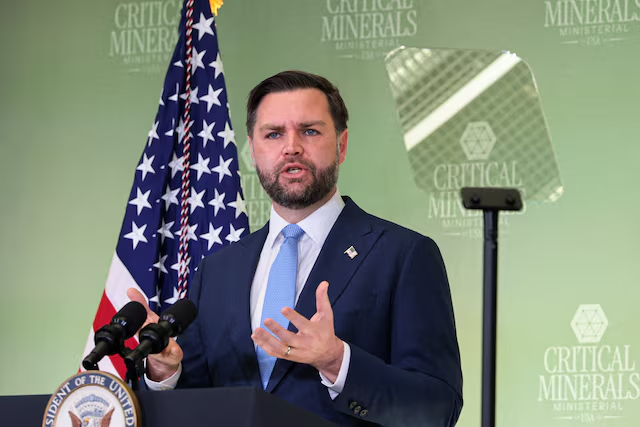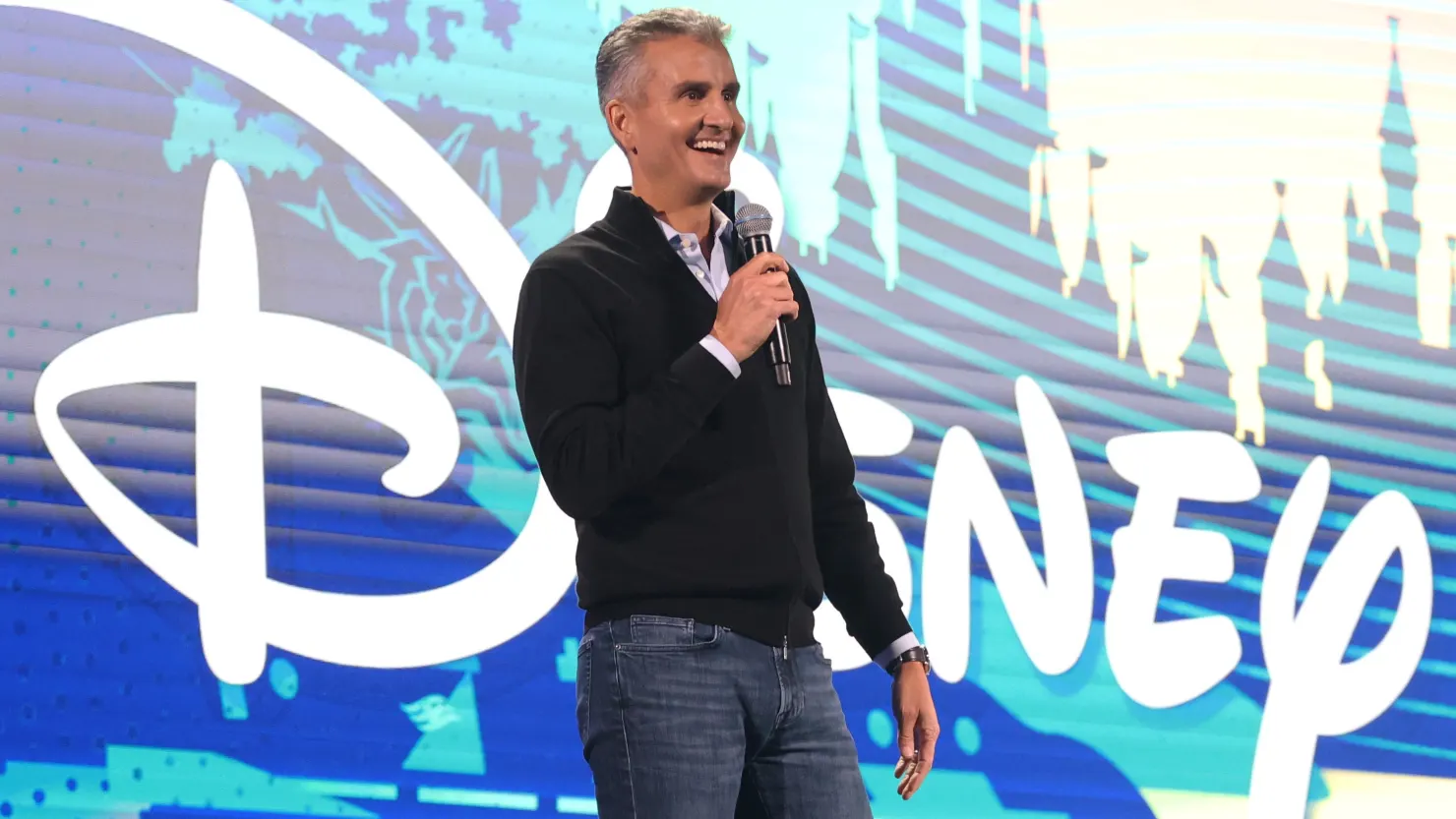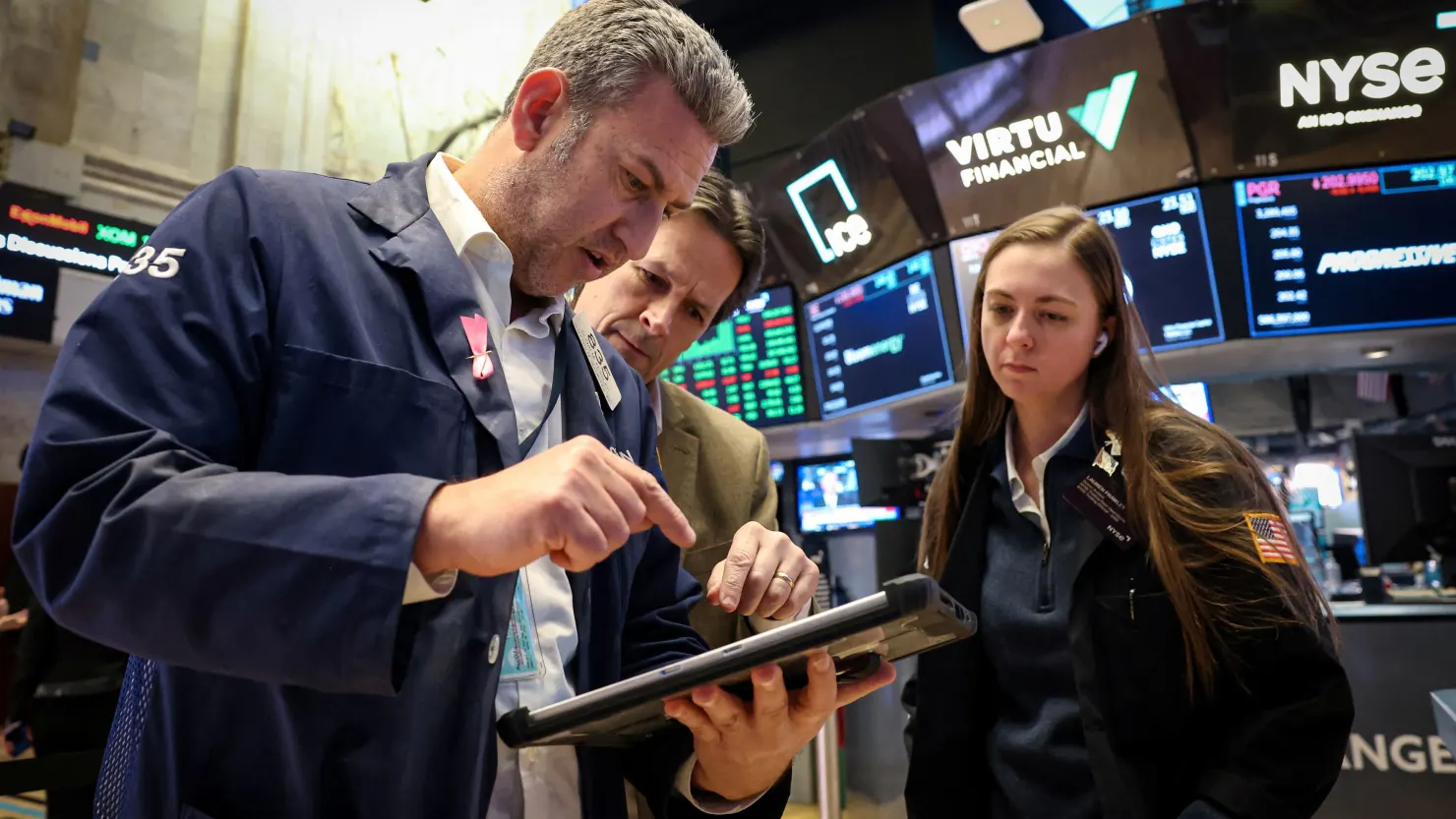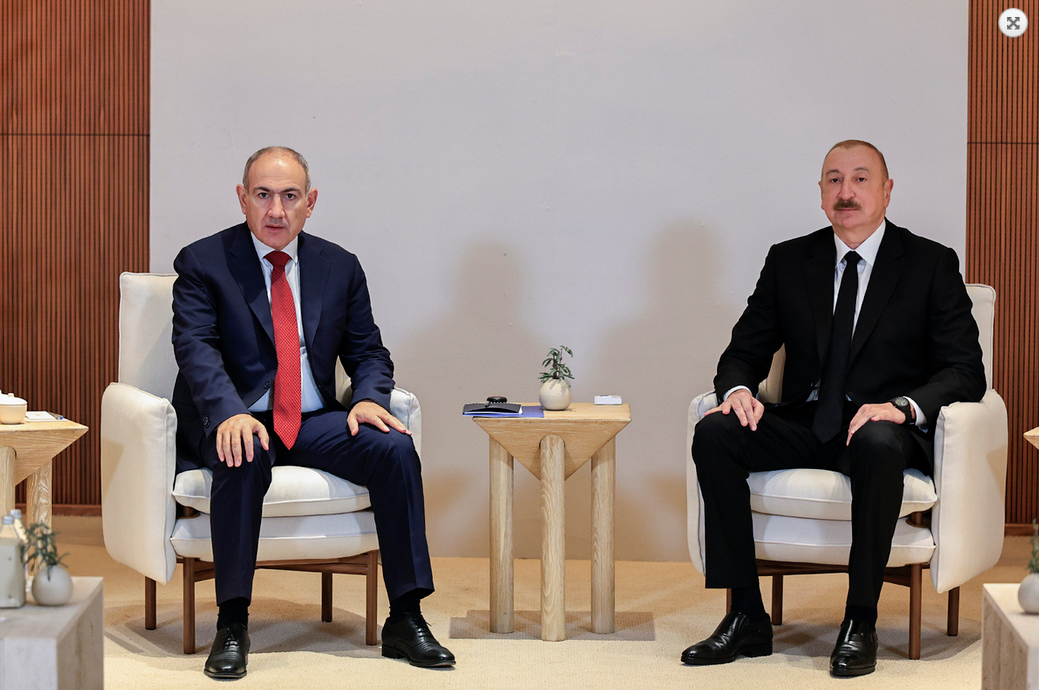After years of elevated spending in the aftermath of the COVID-19 pandemic, Americans are now increasingly prioritizing financial caution, Market Watch reports.
The rising cost of living, volatile markets, and shifting trade policies have driven many households to put savings — particularly emergency funds — at the top of their financial goals in 2025.
This transition from so-called “revenge spending” to “revenge saving” reflects a broader sense of economic uncertainty. From Washington to Wall Street, consumers and businesses alike are adapting to an evolving financial landscape. For many Americans, that means tightening budgets and building financial resilience.
Sabrina Jones, who runs a moving and cleaning business in Spokane, Washington, has observed a clear trend among her employees: they’re contributing more to employer-sponsored emergency savings accounts (ESAs). Jones, whose companies match a portion of those contributions, attributes the uptick to anxiety over the economy.
“There’s so much uncertainty out there,” she said. “Savings are a great way to have some certainty, to have something that you can control.”
According to new data from the Bureau of Economic Analysis, the US personal savings rate climbed to 4.9% in April 2025, up from 4.1% in January. Meanwhile, a Santander Bank survey found that 45% of Americans recently increased their emergency savings, and more than half expressed heightened concern about inflation and recession risks.
Economic concerns have been compounded by new trade policies. A series of tariffs introduced by the Trump administration — including a 10% baseline tariff on all imports and higher rates on goods from China, Mexico, and Canada — have increased prices and added pressure to household budgets. Analysts say these trade tensions are contributing to a pullback in consumer spending and a renewed focus on saving.
“Revenge spending is over,” said Stephanie Guichard, senior economist at the Conference Board. “People are focusing on saving now as a response to uncertainty.”
In response to these pressures, households across the income spectrum are adjusting their financial habits. A Conference Board survey found that over 44% of people earning $125,000 or more are saving more money. Even among those earning less than $50,000 annually, more than a quarter reported increasing their savings.
People are finding creative ways to cut costs and boost savings. Popular strategies include limiting nonessential purchases, switching to lower-cost service providers, canceling subscriptions, and eating at home instead of dining out. Deloitte reported that high-income households have reduced their travel budgets, while other surveys suggest consumers are holding on to their tax refunds rather than spending them.
SecureSave, which manages employer-sponsored ESAs, reported a 32% year-over-year increase in average account balances, and contributions per paycheck have risen by 20%.
Jones herself has boosted her personal savings by 20% this year, aiming to build an emergency fund that covers at least eight months of essential expenses.
“There’s so much power in not having debt,” she said, “compared with having a new car or the latest fashion.”
Financial planners and banks are advising clients to prepare for prolonged volatility by holding more cash and increasing their emergency savings. TD Bank’s recent survey found that building emergency funds is currently the top financial goal for American consumers, with 23% contributing more than 10% of their monthly income to this purpose.
“We’re seeing people hedge against potential volatility and focus on building financial resilience,” said Andrew Stuart, head of consumer banking at TD Bank.
Clients are also shifting where they store their money. With interest rates on high-yield savings accounts near 4%, some savers are opting for safer, more liquid options over investment accounts, according to financial advisors. Kyle McBrien of Betterment described his clients as “cash heavy,” noting that the trend reflects both caution and an opportunity to earn interest on idle funds.
Despite the shift toward saving, challenges remain. A recent Bankrate survey found that 19% of Americans still lack any emergency savings, and many households fall short of their target savings goals. Stephen Kates, a financial planner with Bankrate, noted that tight budgets continue to limit savings potential, especially amid rising costs.
Moreover, there is confusion around the safest and most effective ways to save. In Santander’s survey, only 35% of respondents correctly identified high-yield savings accounts as being less risky than investment accounts. Others admitted to keeping their emergency funds in brokerage accounts, which can expose them to market fluctuations.
“This points to a broader need for financial education,” said Swati Bhatia, head of retail banking at Santander. “Why let go of any opportunity to earn interest on your money?”
Financial advisors recommend automating savings contributions, even in small increments, and using “sinking funds” — dedicated savings accounts for specific goals — to help maintain discipline and track progress.
Ultimately, this trend signals a cultural shift in how Americans view money and security.
“It needs to be cool to save,” said Jones, emphasizing the peace of mind that comes from having a financial safety net.










The latest news in your social feeds
Subscribe to our social media platforms to stay tuned